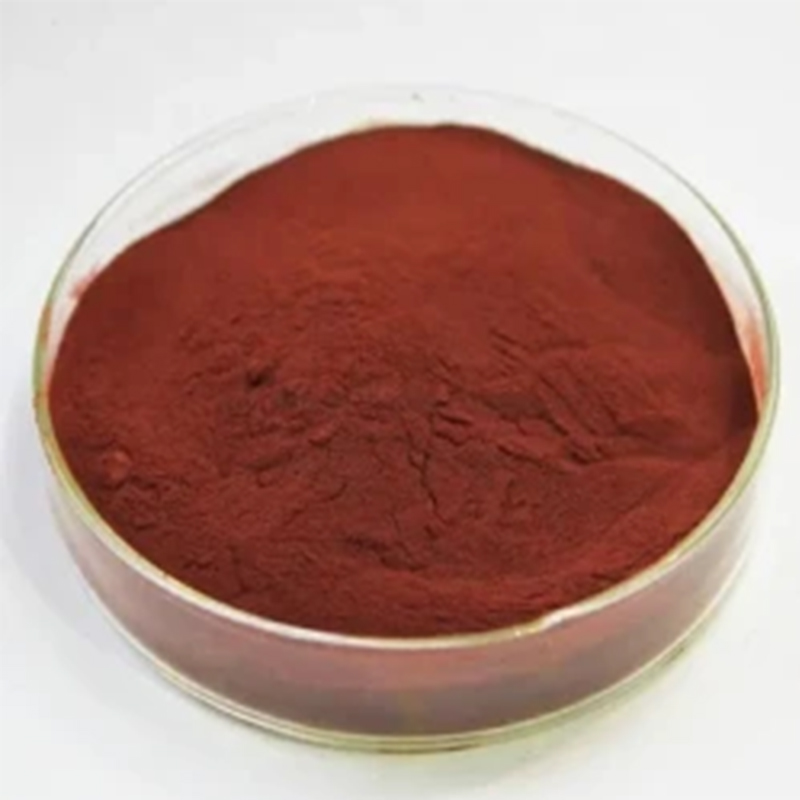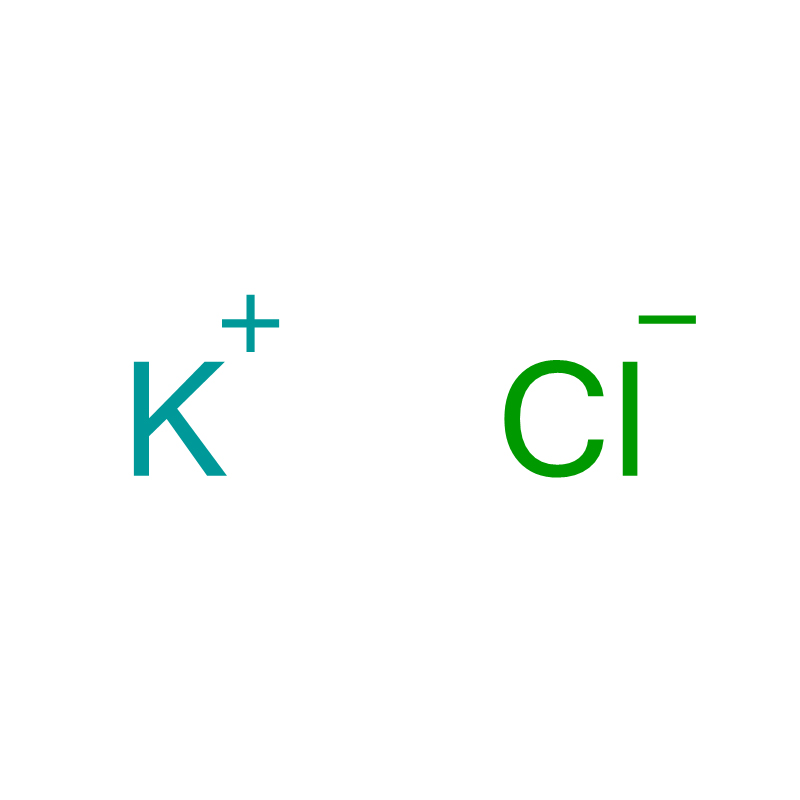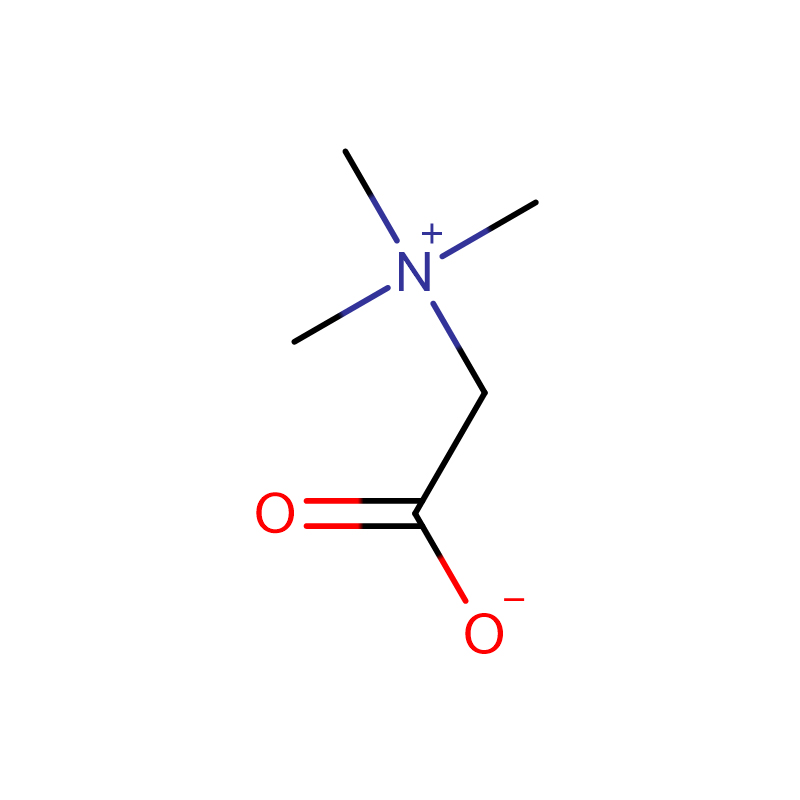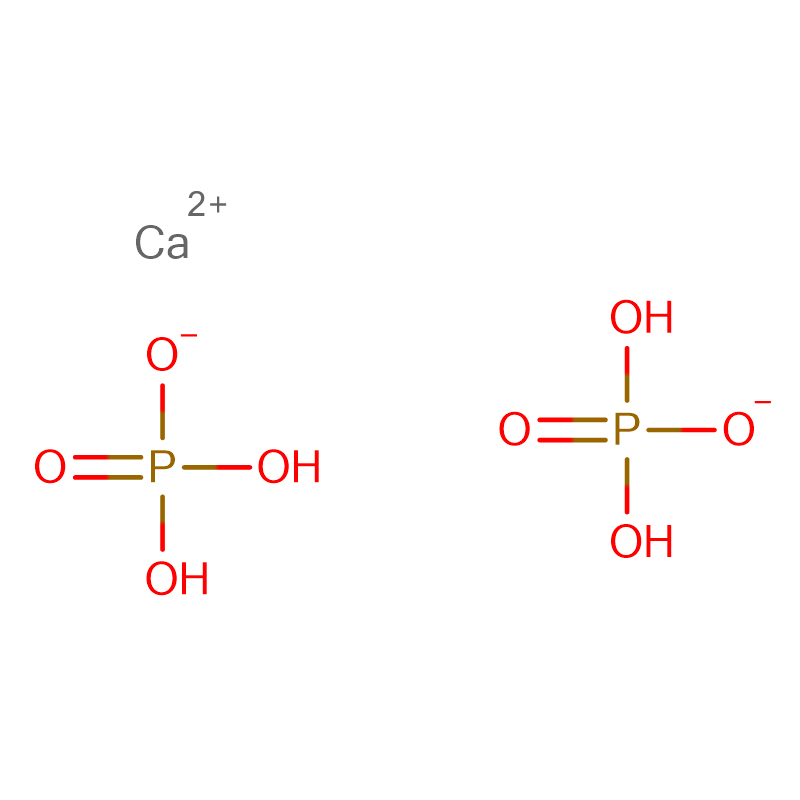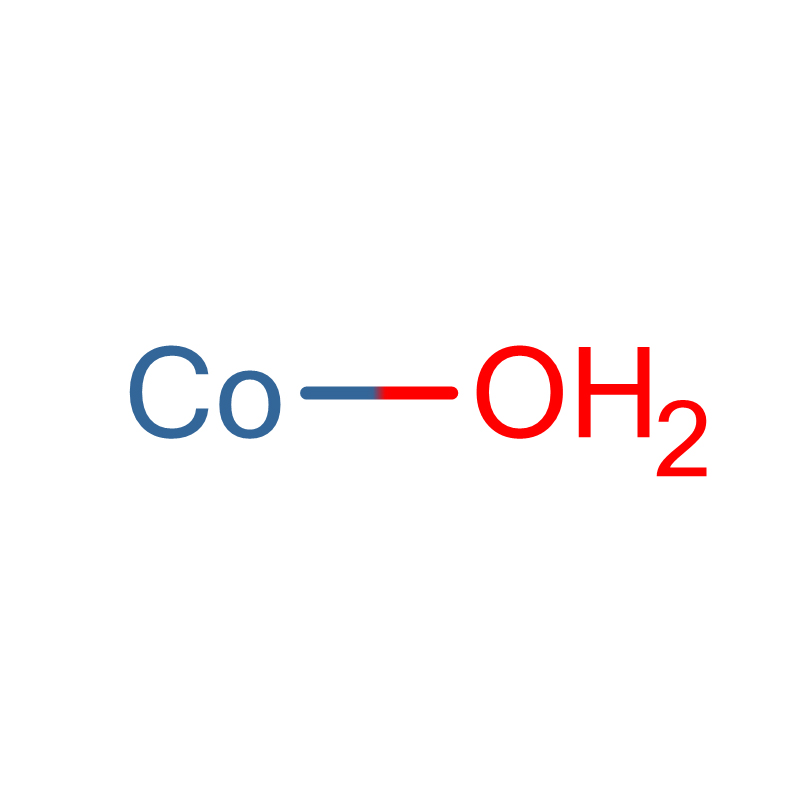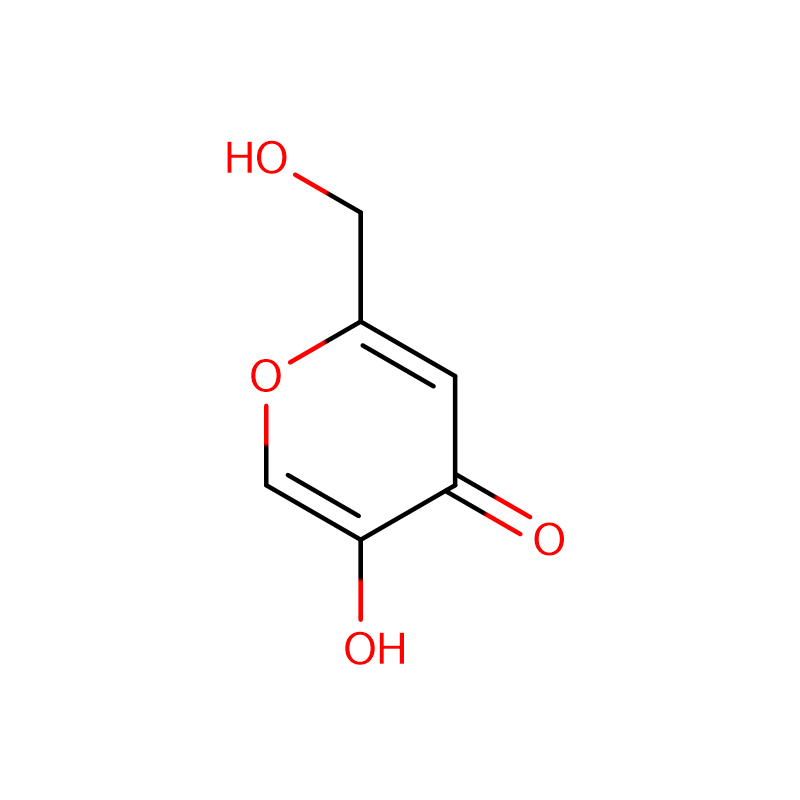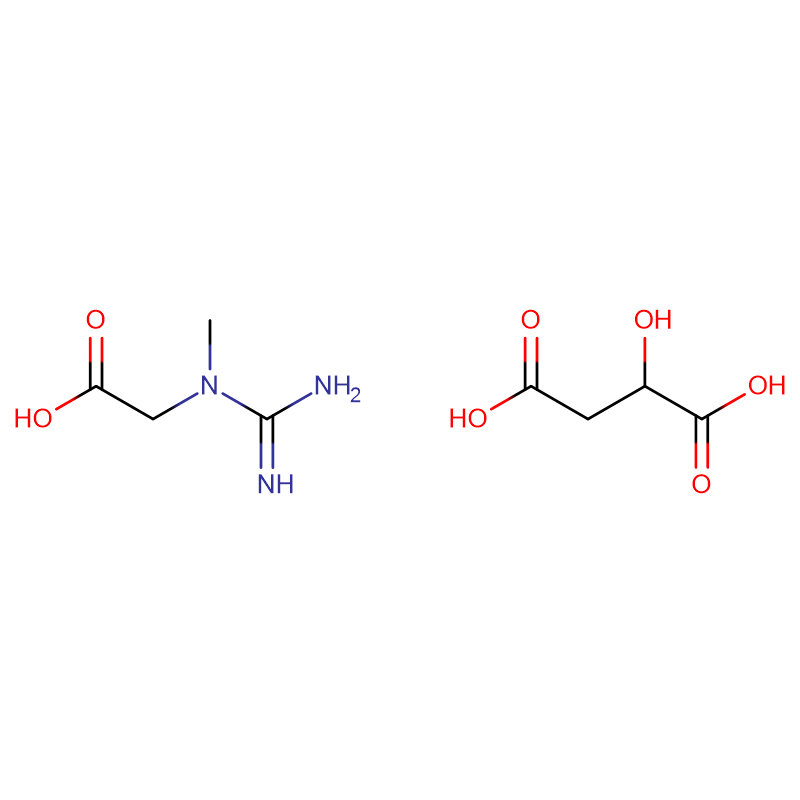Grape Seed P.E. Cas:84929-27-1
| Catalog Number | XD91229 |
| Product Name | Grape Seed P.E. |
| CAS | 84929-27-1 |
| Molecular Formula | C32H30O11 |
| Molecular Weight | 590.574 |
| Storage Details | 2-8°C |
Product Specification
| Appearance | Brown Fine Powder |
| Assay | 99% min |
Grape seeds have the functions of "invigorating qi and blood, strengthening muscles and bones, facilitating urination, curing qi and blood deficiency, cough due to lung deficiency, palpitations and night sweats, rheumatic arthralgia, gonorrhea, and edema". The function of oxidizing and lowering cholesterol level is a kind of natural antioxidant with great potential, which can be used to prevent and treat high cholesterol, atherosclerosis, cataract, gastric ulcer, intestinal adenocarcinoma, Ehrlich ascites cancer, etc.
The main pharmacological effects are as follows:
1. Antioxidant effect: The polyphenols in grape seed extract include the phenolic hydroxyl groups of proanthocyanidins and gallic acids, which provide hydrogen atoms and have a specific and powerful antioxidant effect. The ability to neutralize iron ions and oxygen that attack lipids is 15 to 25 times that of VB, and its free radical scavenging effect is stronger than that of antioxidants such as VC.VE.
2. Anti-radiation effect: It can inhibit the lipid peroxidation caused by radiation.
3. Anti-inflammatory effect: The main component is proanthocyanidins, and its antioxidant activity can inhibit the synthesis and release of inflammatory factors such as histamine, serotonin, prostaglandins and leukotrienes, and inhibit the release of basophils and mast cells. Granules can also inhibit histamine decarboxylase activity and limit the action of hyaluronidase.
4. Cataract prevention: The main component of cataract prevention is catechin; grape seed extract can improve the vision of patients with myopic retinal non-inflammatory changes, and can improve eye fatigue.
5. Anticancer effect: It has cytotoxicity to MCF-7 human breast tumor cells, A-427 human lung cancer cells and CRL1739 human gastric adenocarcinoma cells, and can prevent the carcinogenic effect of intestinal chemical carcinogens.
6. Anti-atherosclerosis effect: Food containing 2.5% grape seed extract can reduce the serum cholesterol ester peroxide level in experimental animals, and can also reduce low-density lipoprotein to fight atherosclerosis. Can improve blood rheology and platelet aggregation.
7. Cholesterol-lowering effect: gallate tannin can reduce plasma total cholesterol, triglyceride, low-density cholesterol and very low-density cholesterol levels, and increase high-density cholesterol levels.
8. Anti-ulcer effect: The oligomeric proanthocyanidins in the grape seed extract can protect the gastric mucosa from damage, and the proanthocyanidins have the effect of removing free radicals on the surface of the stomach and protecting the stomach wall.
9. Anti-mutation effect: It can reduce the incidence of mitochondrial mutation and nuclear mutation.


